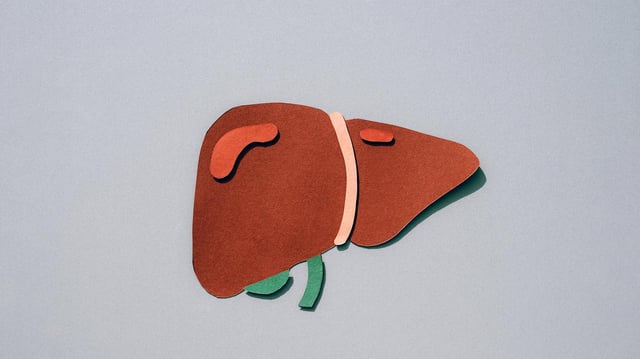Overview
- A 69-year-old woman in China is recovering well three weeks after receiving a genetically modified pig kidney, the third successful case of its kind worldwide.
- In a separate world-first, Chinese researchers transplanted a pig liver into a brain-dead human, with the organ functioning for ten days without rejection before the experiment was concluded at the family's request.
- The pig organs were genetically modified at six locations to minimize the risk of immune rejection, a key step in advancing xenotransplantation techniques.
- These transplants highlight the potential of pig organs as both bridge therapies for temporary organ failure and long-term solutions to the global organ donor shortage.
- Experts emphasize that while these milestones are significant, further research is needed to address long-term viability and routine clinical application of pig organ transplants.



